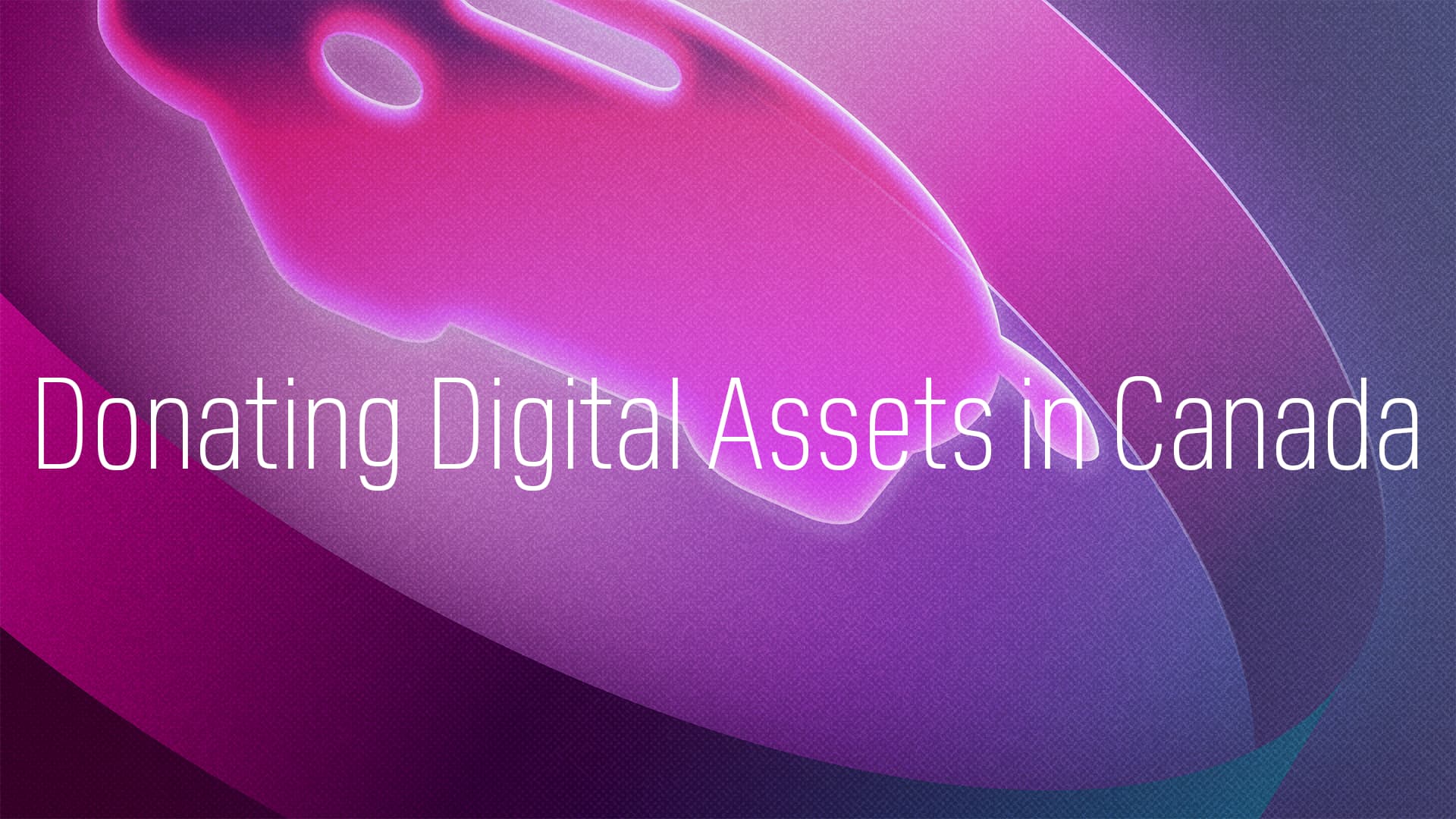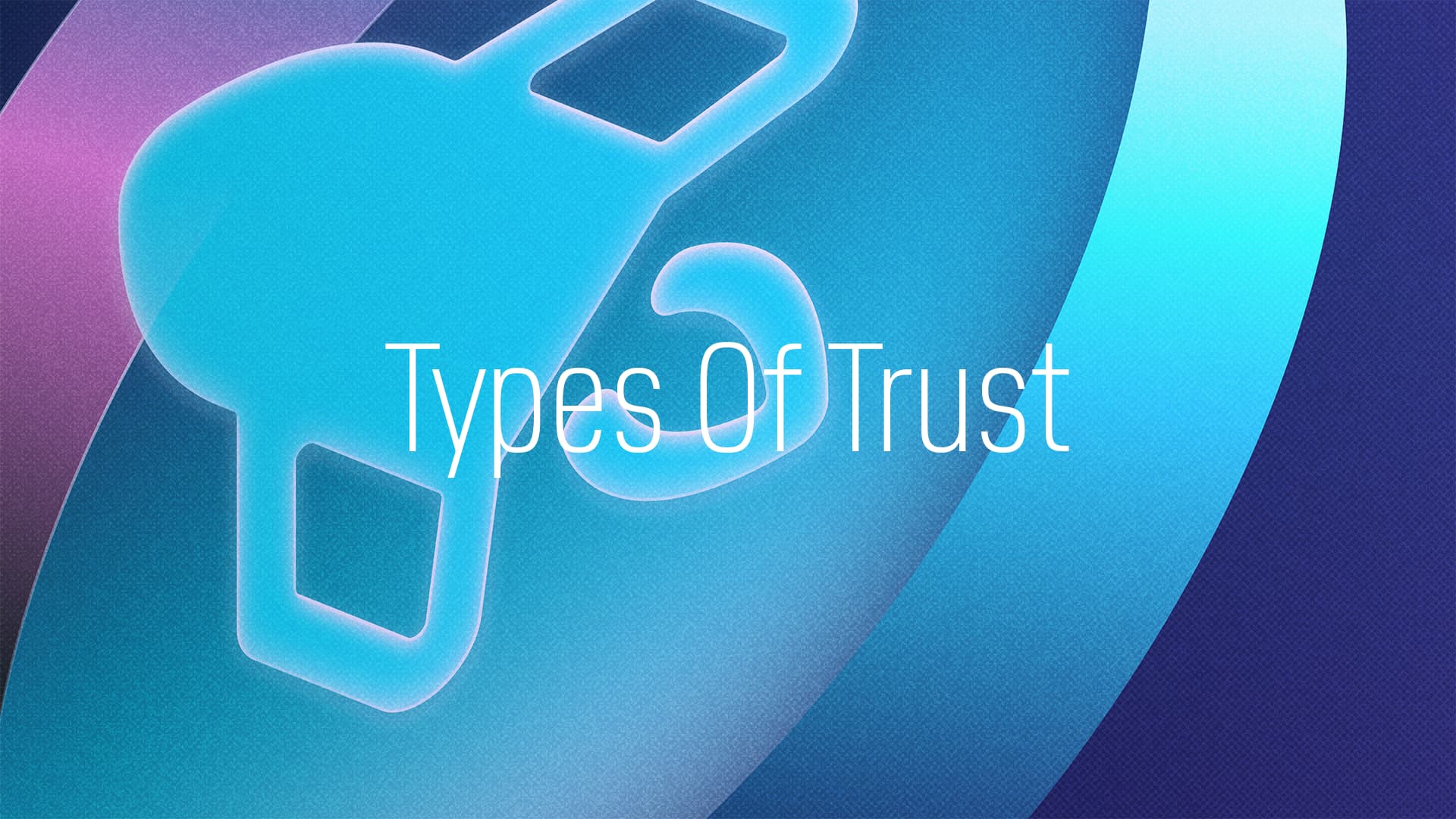In Canada, donating digital assets, such as cryptocurrencies, can be a strategic move for those looking to manage their capital gains exposure while contributing to a cause or supporting family members. However, navigating the tax implications and legal requirements for such donations requires careful planning and adherence to specific guidelines.
Donating to Registered Charities
Tax Credit Benefits
When you donate digital assets to registered charities in Canada, you are eligible for a tax credit. This incentive not only supports philanthropic efforts but also provides a financial benefit to the donor, reducing the overall tax liability.
Gifting Assets to Family Members
Strategic Considerations
Gifting digital assets to family members is a viable strategy to manage capital gains; however, it must be approached with caution. To ensure compliance with Canadian tax laws, certain practices should be observed:
Monitoring the Frequency and Amount
Regular, substantial gifts, such as $10,000 a week, may attract scrutiny from the Canada Revenue Agency (CRA). It's important to maintain a reasonable approach to gifting to avoid unwanted attention.
Validating the Gift
To substantiate a gift, especially large sums, a gift letter or similar documentation should be prepared. This document should be signed by the donor, confirming the intent to gift the assets without expectation of repayment or benefit.
Advised Caution
While gifting assets can be a part of an effective tax planning strategy, repeated gifting that appears to circumvent tax obligations may lead to an investigation by the CRA. The agency has provisions within the Income Tax Act to analyze transactions and ascertain the true intent behind repeated transfers.
Best Practices for Donating and Gifting Digital Assets
Document Everything
Keep detailed records, including gift letters and receipts from charities, to validate the transfer of assets and the intention behind the donation or gift.
Consult with Professionals
Before making significant donations or gifts, consult with tax advisors or legal professionals who specialise in digital assets. They can provide guidance tailored to your specific situation and help navigate the complexities of Canadian tax law.
Understand the Implications
Be aware of how donations and gifts of digital assets affect your tax situation. While donations to registered charities can offer tax credits, gifting to family members does not provide a direct tax benefit and must be carefully managed.
Donating or gifting digital assets in Canada is a commendable practice with potential tax advantages. However, it requires a thorough understanding of the legal and tax implications to ensure that these actions align with your financial goals and comply with Canadian regulations. By following best practices and seeking professional advice, donors can contribute meaningfully while optimizing their tax positions.




